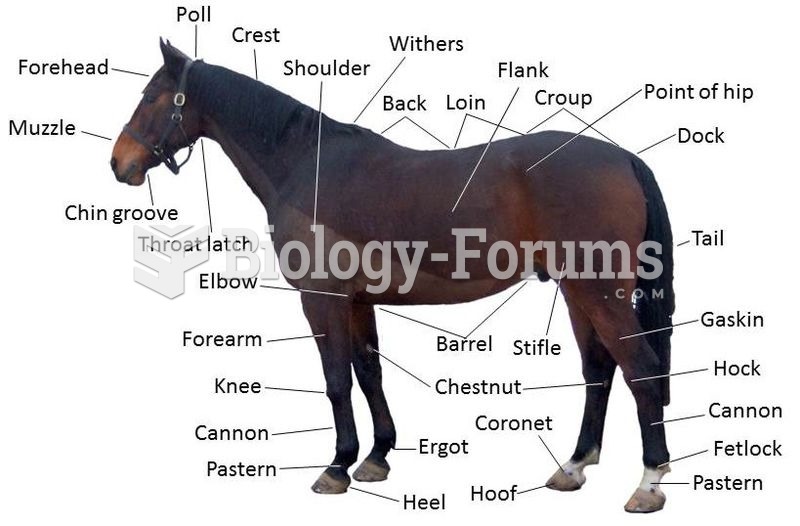Answer to Question 1
ANS: 1. The first point on which Jung came to disagree with Freud was the role of sexuality. Jung broadened Freuds definition of libido by redefining it as a more generalized psychic energy that included sex but was not restricted to it.
2. The second major area of disagreement concerned the direction of the forces that influence personality. Whereas Freud viewed human beings as prisoners or victims of past events, Jung believed that man is not necessarily doomed forever to be shoved about by traumas over which he could exercise little control. Jung argued that people are shaped by their future as well as their past. They are affected not only by what happened to them as children, but also by what they aspire to do in the future.
3. The third significant point of difference revolved around the unconscious. Rather than minimizing the role of the unconscious, Jung placed an even greater emphasis on it than Freud did. He probed more deeply into the unconscious and added an entirely new dimension: the inherited experiences of all human and even prehuman species. Although Freud had recognized the influence of inherited primal experiences, Jung made it the core of his system of personality. He brought together ideas from history, mythology, anthropology, and religion to form his own image of human nature.
Answer to Question 2
ANS: T
FEEDBACK: The word-association test became a standard projective technique and inspired the development of the Rorschach inkblot test and the so-called lie-detection techniques. The concepts of psychological complexes and of introverted versus extraverted personalities are widely accepted in psychology today.







